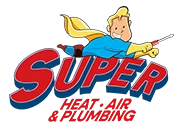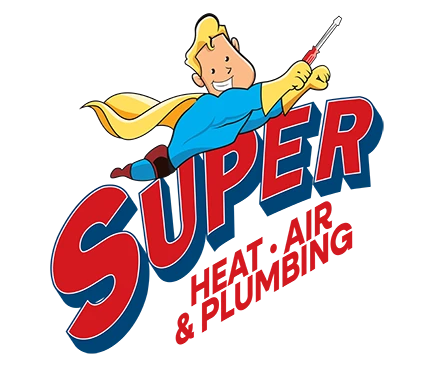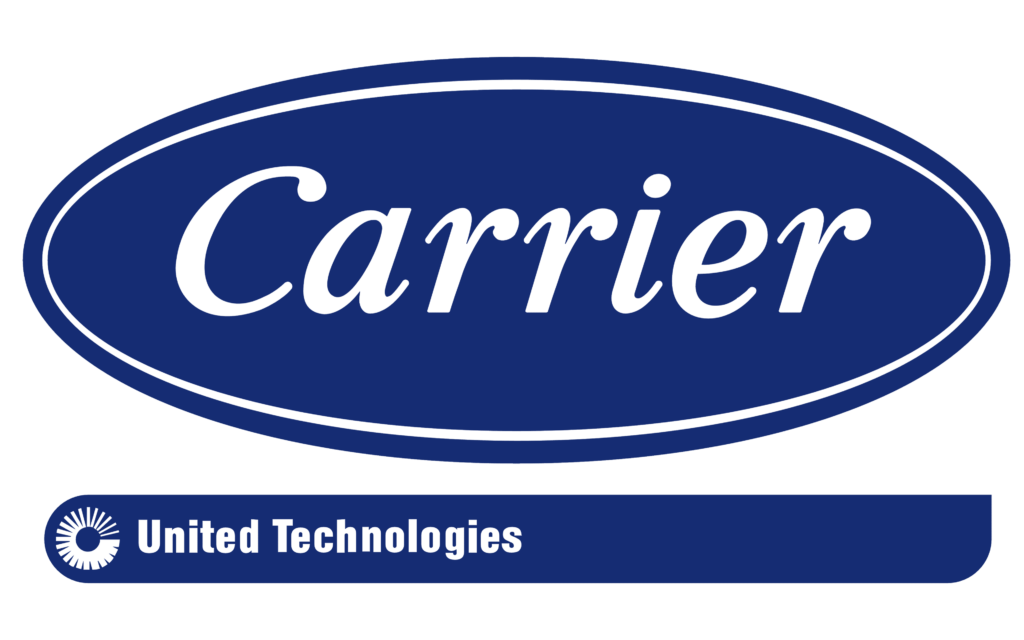Welcome to our comprehensive guide on AC unit repair. In this blog post, we will address the most common problems that homeowners may encounter with their AC units. By following our step-by-step troubleshooting tips, you can diagnose and fix many issues yourself, saving money on professional repairs and ensuring your AC unit operates efficiently.
1. Low Cooling Capacity
Your AC unit is running, but it’s not providing adequate cooling to your home or business.
Troubleshooting Tips:
Check the air filters: Dirty or clogged air filters can restrict airflow and reduce cooling efficiency. Replace or clean the filters regularly.
Inspect the condenser unit: Ensure that the outdoor condenser unit is not obstructed by debris or vegetation, blocking airflow. Clear away any obstructions and keep the area around it clean.
Assess the thermostat settings: Make sure the thermostat is set to the desired temperature and cooling mode. Also, check if the fan is set to “Auto” and not “On” to prevent continuous operation.
When to Call an Expert:
If the problem persists after following the troubleshooting tips.
If the issue seems to be related to a refrigerant leak, faulty compressor, or other complex components.
2. Refrigerant Leaks
Your AC unit is not cooling effectively, and you suspect a refrigerant leak.
Troubleshooting Tips:
Look for signs of leakage: Check for oil stains or refrigerant residue around the unit or refrigerant lines.
Inspect refrigerant lines: Look for visible cracks, holes, or disconnected lines.
Listen for hissing sounds: If you hear a hissing sound near the unit, it may indicate a refrigerant leak.
When to Call an Expert:
If you suspect a refrigerant leak, it’s essential to call a professional HVAC technician. Handling refrigerants requires specialized knowledge and equipment.
Read more > 4 HVAC Repairs You Should Never Attempt to DIY
3. Faulty Thermostat
Your AC unit doesn’t turn on or doesn’t respond to temperature adjustments.
Troubleshooting Tips:
Check the power source: Ensure that the thermostat has power and is properly connected.
Verify the temperature setting: Make sure the thermostat is set to a lower temperature than the current room temperature.
Test the thermostat: Try turning the thermostat off and then on again. If it’s a programmable thermostat, ensure the schedule is correctly set.
When to Call an Expert:
If the thermostat appears to be faulty or unresponsive even after following the troubleshooting tips.
If you need assistance with upgrading to a smart thermostat or resolving complex wiring issues.
4. Strange Noises and Odors
Your AC unit produces unusual sounds or emits unpleasant odors.
Troubleshooting Tips:
Identify the noise or odor: Determine the specific type of noise (e.g., grinding, squealing, rattling) or odor (e.g., burning, musty).
Inspect the fan and motor: Check for loose components or debris stuck in the fan blades. Clean or tighten them as necessary.
Change the air filters: Foul odors may be due to dirty filters. Replace them regularly to maintain fresh indoor air quality.
When to Call an Expert:
If the noises or odors persist or become more severe after attempting the troubleshooting tips.
If there are electrical or mechanical issues that require professional attention.
5. General Maintenance and Prevention
How to maintain your AC unit to prevent future problems.
Troubleshooting Tips:
Schedule regular maintenance: Arrange annual or bi-annual inspections by a professional HVAC technician to clean and service your AC unit.
Clean the condenser coils: Over time, the condenser coils can accumulate dirt and debris, hindering heat transfer. Clean them using a soft brush or a specialized coil cleaner.
Keep the area around the unit clean: Clear away any leaves, grass, or other debris that may obstruct airflow.
Learn More about Super Heat, Air, and Plumbing’s Maintenance Plans
When to Call an Expert:
Although regular maintenance can prevent many issues, it’s still advisable to call an HVAC professional for thorough inspections and tune-ups.
In Conclusion
By following these troubleshooting tips and knowing when to call an expert, you can address common AC unit problems and potentially save money on repairs. Remember, regular maintenance and prompt attention to issues are key to keeping your AC unit running smoothly and efficiently.
Financing A New HVAC System in Tampa Bay
If you are needing to upgrade your HVAC system but need help with financing, contact our friendly heating and cooling pros at Super Heat, Air, and Plumbing! We offer financing options that will help you get back to comfort ASAP!
Contact the experts at Super Heat, Air, and Plumbing to learn more about financing



